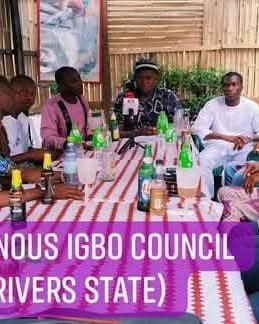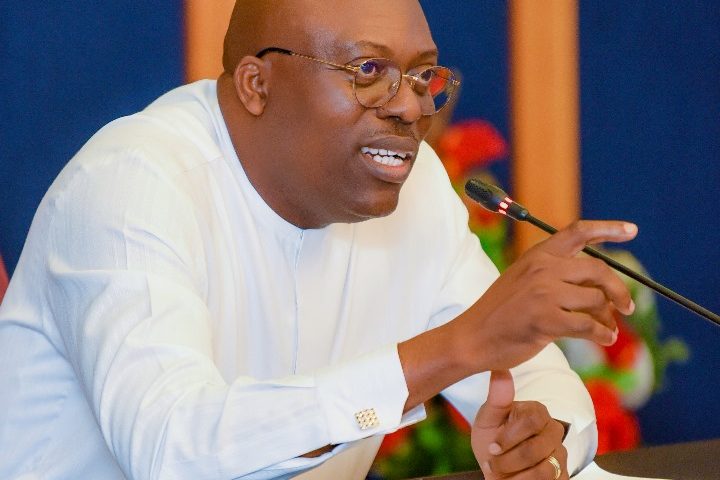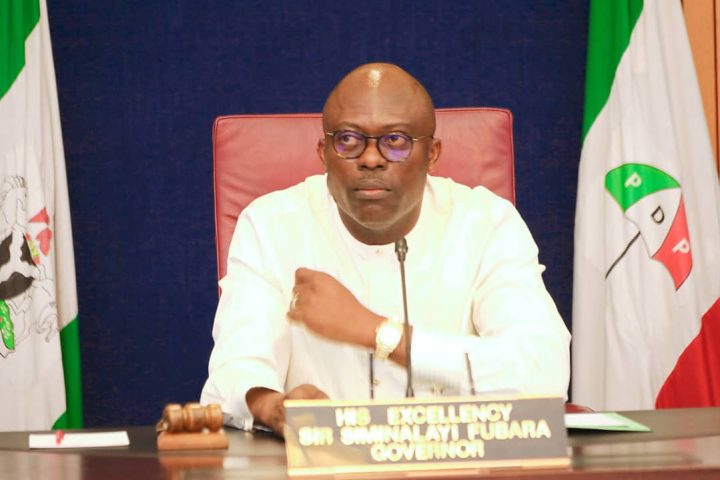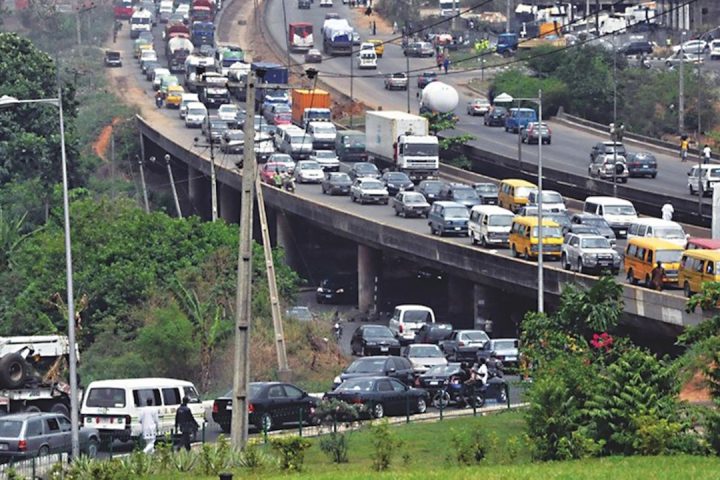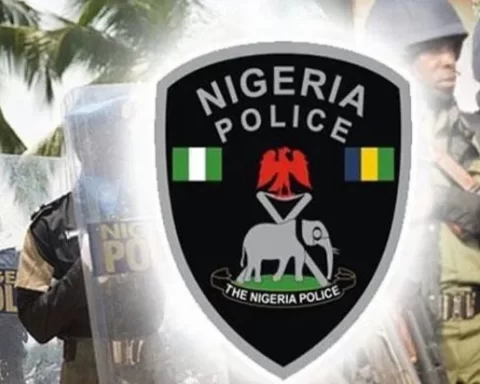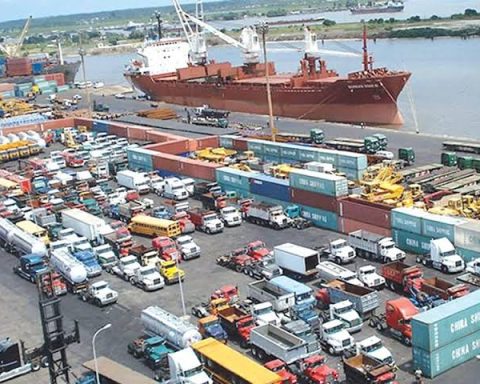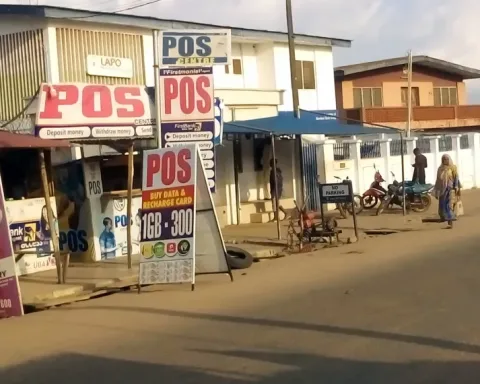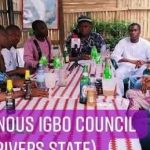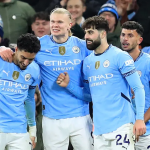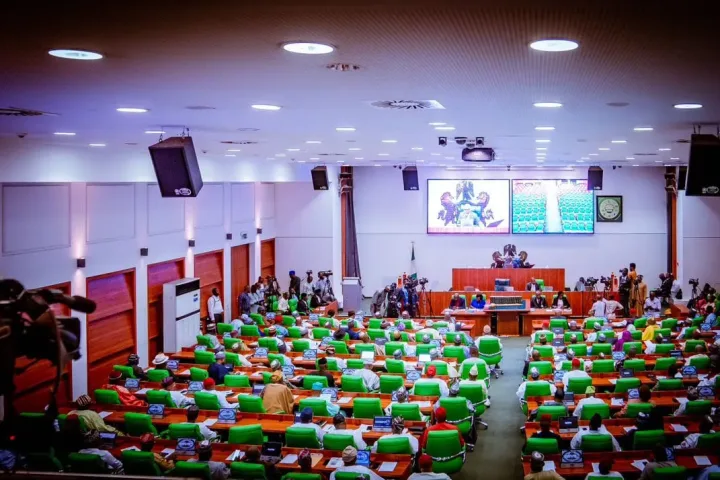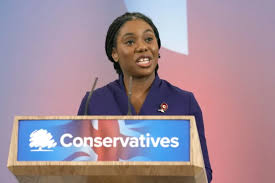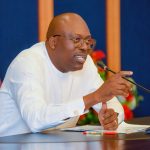The Indigenous Igbo Council (IIC) in Rivers State has countered claims by the Ijaw People’s Congress (IPC), that none of the ethnic groups in the state are part of the Igbo nationality.
The group described such claims as “misleading,” adding that it is a “dangerous agenda aimed at perpetuating ethnic disunity.”
Join our WhatsApp ChannelThe Indigenous Igbo Council therefore warned IPC stakeholders to desist from narratives aimed at undermining their ethnic identity.
In a statement released on Monday, signed by IIC Rivers State President, Chimenum Amadi, the Council said there is historical and anthropological evidence showing that the Igbo groups together constitute the largest single majority indigenous ethnic bloc in the State.
The group claimed that the Igbo constitute over 60% of the Rivers population, adding that “this reality cannot be dismissed through misguided claims and fabricated narratives.”
IIC clarified that there are linguistic, sociological, cultural, and historical evidence which proves that the communities of Ikwerre, Etche, ASA, Ndoki, Egbema, Ogba, Opobo and Ekpeye are fundamentally Igbo and part of the greater Igbo nation. “This is not mere opinion—it is a documented fact from respected anthropologists over the years, as these groups share a common linguistic family, cultural practices, and historical ties,” the group stated.
“The Igbo(id) group represented by the Ikwere, Etche, Asa, Ndoni, Egbema, Ọgba, Ekpeye Opobo and Ndoki are indigenous to this State.
The Edoid is represented by the Engenni and Degema, The Delta Cross is represented by the Abua, Odual languages, The Central Delta Cross represented by the Ogoni and Eleme, The Lower Cross represented by Obolo and
The Ijoid, represented by the Okrika-Kalabari-Ibani.”
The group said, “It is misleading for the Rivers Ijaw Congress to define the people of Ikwerre, Echie, and Ogba—who communicate in a single language and share a unified culture—as different ethnic groups while concurrently categorizing the Ijaw groups of Okrika, Ogbia, and Obolo, who speak entirely different unintelligible languages and have distinct anthropological backgrounds, as a single ethnic unit.
READ ALSO: Five Things To Know About New Ohanaeze President-General, Azuta-Mbata
“The irony is palpable; it is not only disheartening but also inaccurate to classify the Engenni and Abua people, whose languages relate more closely to those of Isoko of Delta State and Efut of Cross-River State, respectively, as Ijaw Meanwhile, the Egbema, Echie, and Ndoni, who are linguistically homogeneous, are unjustly portrayed as separate.
“This inconsistency and selective interpretation of ethnicity exposes the ulterior motives behind such categorization.”
It warned that the attempts to “diminish the Igbo identity within Rivers State and portray its people as fragmented, serve a specific agenda.”
It said that historical documents and reports, particularly the Willinks Commission of Inquiry, illustrates the presence of indigenous Igbo majority within Rivers State. “Such attempts at balkanization must be recognized for what they are—strategies designed to fracture solidarity and create divisions where none should exist,” it warned.
IIC pointed out that the entire Igbo nationality “recognizes Ikwerre, Etche, Omuma, Ndoki, Asa, Ogba, Ndoni, Opobo, Ekpeye as part and parcel of the greater Igbo nation,” adding that “It does not matter which geopolitical space any Igbo group is situated in.
“Igbo is Igbo anywhere State balkanization settles the group. We have noted the calculated efforts to balkanize and sow seeds of disaffection among the Igbo-speaking regions of Rivers State. These actions seem designed to foster animosity toward the South-East and undermine the unity that has historically characterized these communities.”
READ ALSO: Rivers Crisis: Supreme Court Strikes Out Gov Fubara’s Appeal Against Ruling On 2024 Budget
In the light of the ongoing narrative by Ijaw People’s Congress, the group said the renewed quest to align and identify with their Igbo ancestry is borne by natives of Ikwerre, Ogba, Ndoki, Ndoni, Etche, Omuma, Opobo, Ekpeye, Asa. “Individuals and people from these territories stemming from historical, anthropological and empirical evidence identify themselves as Igbos hence the Indigenous Igbo Council was established to unify the Igbos of Rivers State.”
The group further clarified that Rivers Igbos are the ones agitating and working towards their unity with the greater Igbo nationality and not Igbos of the South-east, adding that they will continually align with kits and kins in the region and do not owe anyone any explanation.
The Igbo group in Rivers urged the elders of the Ijaw ethnic group to “mark their boundaries and avoid tampering with ancient boundaries.”
“We warn henceforth, Ijaws should stay clear of Rivers Igbos affairs and avoid venturing into issues that have no bearing with them.”
The group further said it will not hesitate to seek legal redress if the Ijaws continually malign their right to identify with their Igbo ancestry.
“This incessant push to divide us is a strategy employed to marginalize and undermine our identity and we shall vehemently resist it henceforth.”
Contribution of Rivers Igbo to Ohanaeze
The group explained that Ohanaeze Ndígbo is a socio-cultural organisation comprising only Igbo-speaking areas, and cuts across states (which are mere administrative borders) in different regions, including Rivers State, where the Igbo are indigenous.
It mentioned that some Igbo people of Rivers State, including Isaac Wonwu, Chibudom Wuche, Ihunwo Obi Wali, Francis Ellah, Joel Kroham, and Emmanuel Aguma, have been instrumental to Ohanaézè Ndígbo.
The group concluded by giving a stern warning that they will not tolerate further attempts to undermine their unity or misrepresent their history, adding that the Igbo bloc in Rivers State stands united and resolute against any efforts to sow division.
It urged stakeholders not forget the sacrifices made by their forebears who envisioned “a united and harmonious Rivers State, and let us not allow their legacy to be eroded by narrow-minded ethnic agendas.”
Victor Ezeja is a passionate journalist with six years of experience writing on economy, politics and energy. He holds a Masters degree in Mass Communication.

